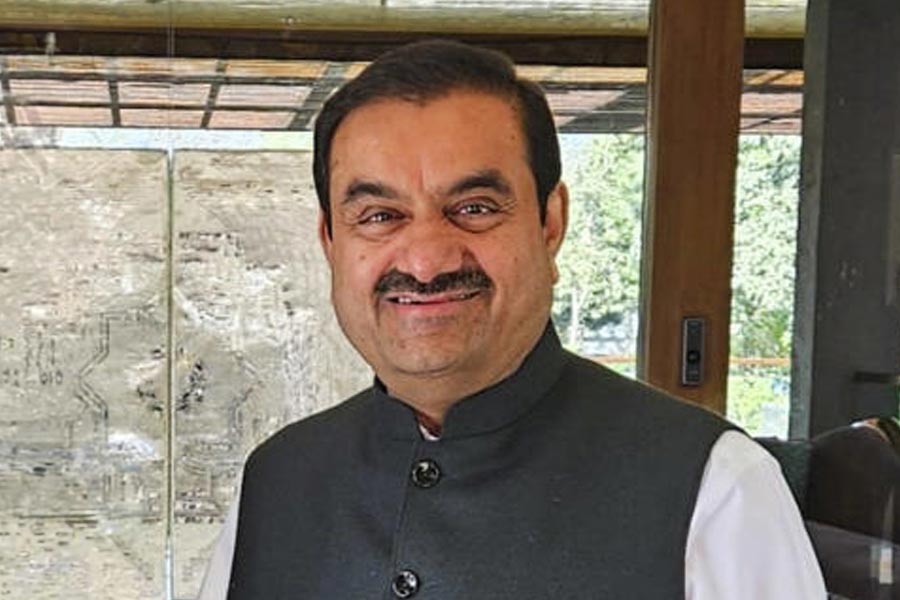Population anxieties have seeped into many Indians with about 63 per cent of those surveyed identifying various economic issues as their top concern in terms of change in population, according to UNFPA.
However, the growing number should not trigger anxiety or create alarm, said the United Nations Population Fund (UNFPA) in its State of the World Population Report (SWOP) 2023.
“Instead, they should be seen as a symbol of progress, development, and aspirations if individual rights and choices are being upheld,” it added.
India's population crossed the 140 crore-mark in January and is soon expected to surpass China's population.
The annual report indicated that respondents in India held the opinion that the population in their country was “too large” and fertility rates “too high”.
“There was no significant difference between the views of men and women in India on national fertility rates,” it said.
As part of the SWOP 2023, a UNFPA-commissioned public survey conducted by YouGov asked a representative sample of 1,007 in India about their views on population issues.
On identifying the population-related matters of greatest importance, 63 per cent Indians identified various economic issues as the top concerns when thinking about population change, followed by environmental and sexual and reproductive health and rights and human rights concerns.
“The Indian survey findings suggest that population anxieties have seeped into large portions of the general public,” said Andrea Wojnar, representative, UNFPA India and country director Bhutan on State of the World Population Report (SWOP) 2023.
In 2021, India, emphasised its opposition to coercion in family planning, and stated in several fora, including in Parliament, that it did not condone such policies, as they would prove to be “counter- productive.” Wojnar said women and girls should be at the center of sexual and reproductive policies and programmes.
“Adopting a 'life cycle' approach, where girls and women are empowered at every stage of their lives, gender responsive work arrangements (for both men and women) that enable women to continue engagement in decent work opportunities in the long run, reducing barriers within the workplace, and improved access to finance will allow women and girls to pursue their life-time aspirations and harness untapped potential,” said Wojnar.
The survey asked a representative sample of 7,797 people across eight countries namely, India, Brazil, Egypt, France, Hungary, Japan, Nigeria and the United States for their views on population issues.
The report showed that a staggering 44 per cent of partnered women and girls in 68 reporting countries do not have the right to make informed decisions about their bodies when it comes to having sex, using contraception and seeking health care; and an estimated 257 million women worldwide have an unmet need for safe, reliable contraception.
It strongly recommended governments to institute policies with gender equality and rights at their heart, such as parental leave programmes, child tax credits, policies that promote gender equality in the workplace, and universal access to sexual and reproductive health and rights.
These offer a proven formula that will reap economic dividends and lead to resilient societies able to thrive no matter how populations change, the report added.
Except for the headline, this story has not been edited by The Telegraph Online staff and has been published from a syndicated feed.











